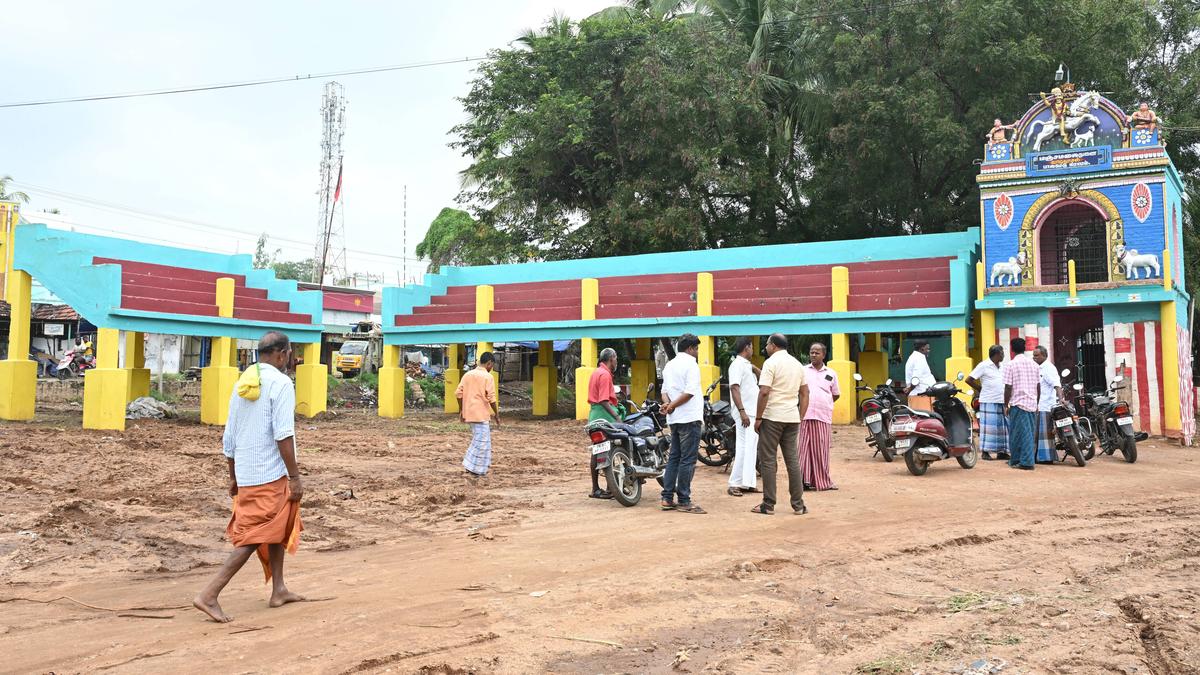
Jallikattu villages bullish as the events spur spending
The Hindu
Jallikattu events boost local economy through sponsorships, tourism, and traditional practices, benefiting businesses and communities.
As jallikattu bulls snort and flex their flanks, at a micro-level, the local economy begins to enjoy a boost and the ripples created have a far-reaching impact. A fortnight before jallikattu begins at Palamedu, the organisers are at the arena discussing the various measures to be taken like painting of the gallery etc., and along with them are proprietors of a steel outlet.
Karthick Pandian, a member of the organising committee, says these businessmen have evinced their interest to become sponsors for the event. Mr. Karthick adds that there has been an increase in the number of private players coming forward to sponsor these events. With prizes for the number of tamers and bulls increasing, the sponsors are vying to gain traction using the jallikattu as a promotional event. With social media becoming the most favourable platform for this traditional sport, businessmen are keen to get a piece of the pie.
Though on the day of the events at Palamedu, Alanganallur and Avaniapuram, the local shops are closed, Pandian, who runs a small tea stall at Alanganallur, says that two months before Pongal itself, business picks up in the early mornings, as bull owners and their boys take these bulls for various exercise routines and usually stop for tea.
For bull owners, who own a stable of more than five bulls, there is regular employment for village folks. About 10 workers have year-round work in these farms, from maintaining the bulls to providing fodder and cleaning the sheds.
But for those who rear just one or two bulls, the passion drives them to put in their hard-earned money in rearing these bulls. Naveen Raj, a school dropout, from Veerapandi is an electrician. Daily he earns about ₹600 and he also spends it to provide fodder for his bull. But he also makes an additional income by providing his prized bull for mating with native cows. “I can earn about ₹20,000 if a mating is successful. If it’s a good sturdy male calf, then after training it, I can also sell it. If it’s a female calf, then it provides additional income to the household by way of milk,” he adds.
A thoroughbred jallikattu bull sells for more than a lakh and some even cross the six to seven lakh threshold.
These events also make significant contributions to local economies by attracting visitors to the destinations and moreover induce spending within the local community. All these three major jallikattus can be seen as community-based events as they require relatively limited expenditure from the local administration.

Karnataka HC sets aside decision to discontinue Jan Aushadhi kendras on government hospital premises
Karnataka HC reinstates Jan Aushadhi kendras, criticizing government for prioritizing politics over public interest in medicine delivery.












